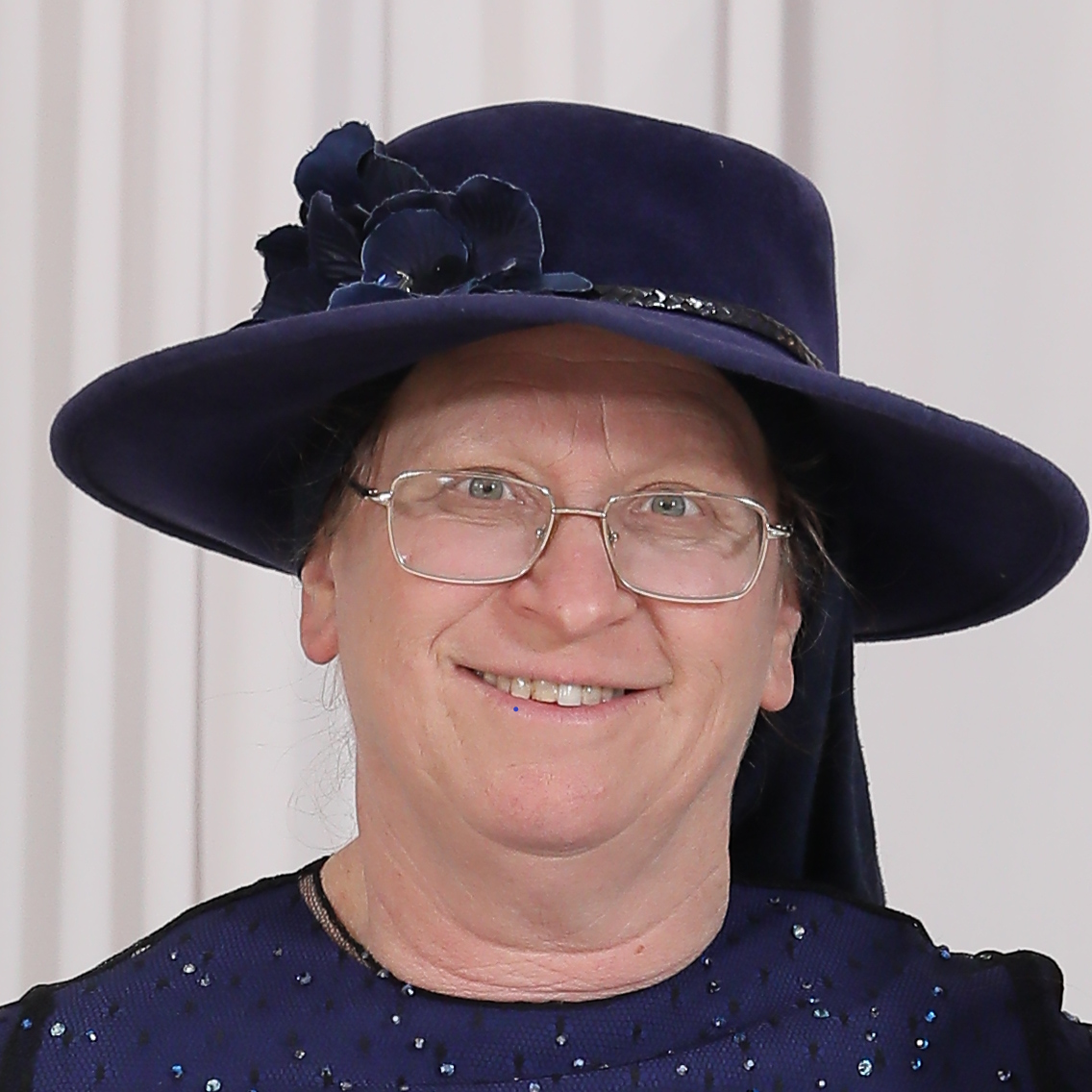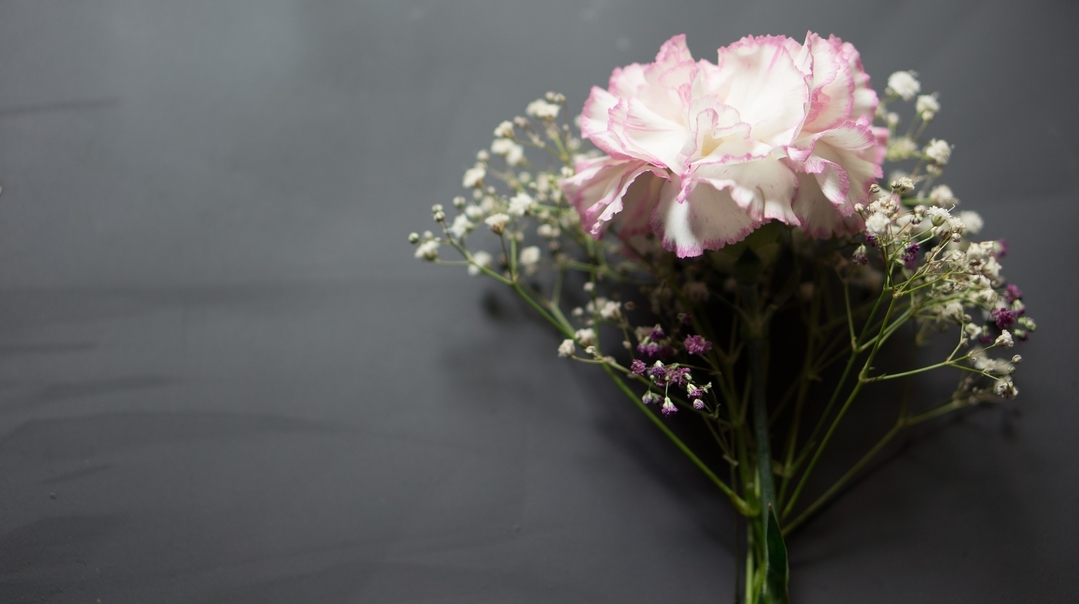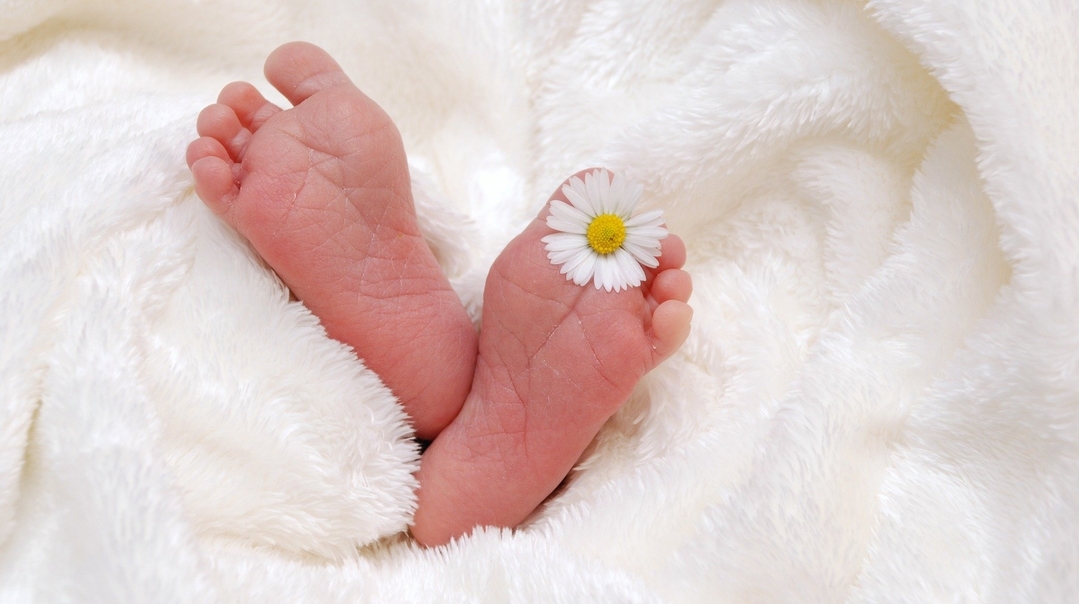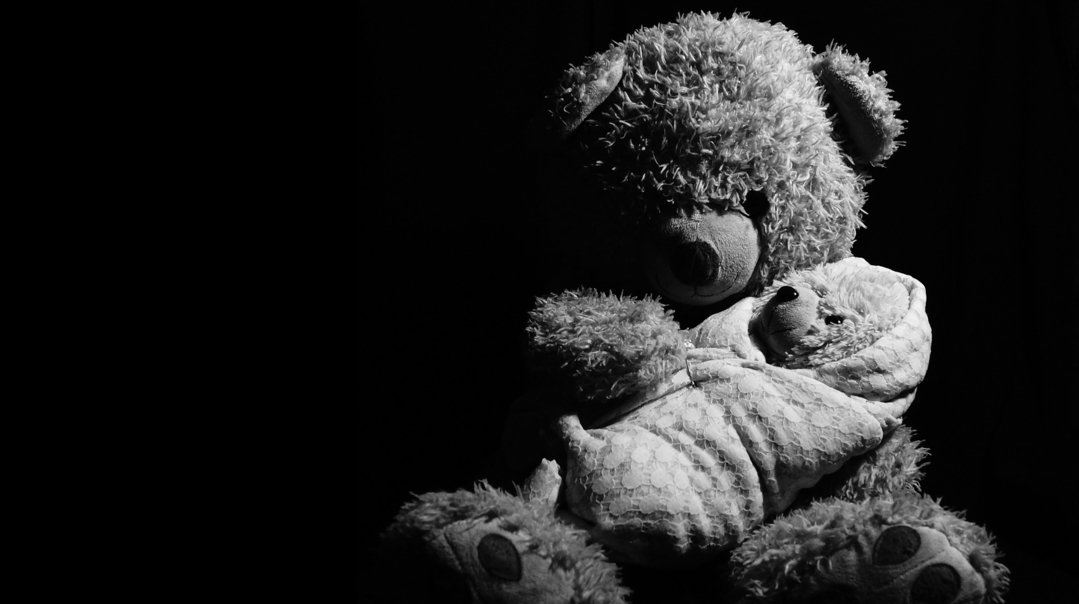Two Friends, Two Sheitels, and a Hat

What we learned in Neve wasn’t new and radical, it was more like finding the missing pieces to the framework of a puzzle. It helped us put everything in place.

Bruchi
It was natural, almost automatic, that Sara and I became friends. It didn’t matter that Sara is from Johannesburg and I’m Australian. In the Southern Hemisphere, we have summer vacation while Americans are in school. That meant that our group of Neve newbies was smaller than most, so we met almost as soon as we landed, and very soon felt like sisters.
We were both vanilla-cream good girls. Our parents had taught us to always try to do the right thing. Their values were Torah-based — tzedakah, Friday night meals, and the importance of marrying Jewish — they just didn’t know they were in the Torah. So what we learned in Neve wasn’t new and radical, it was more like finding the missing pieces to the framework of a puzzle. It helped us put everything in place.
We both planned our own weddings, making plenty of mistakes on the way. Like when Sara ordered pink and red carnations — what was she thinking? — and overpaid for them, too. But afterward, we helped our Neve friends through the process, giving them pointers and the phone numbers of wedding-dress gemachs, caterers, and bands.
It was fun, but it was taking up more and more of our time. So when a photographer said that he got so many wedding jobs from us that we ought to make referrals a business, his suggestion fell on fertile ground. We both had business backgrounds and felt ready to start a wedding-planning business together.
Only together, though. Who could do it alone? We have different strengths. I’m good with numbers, but I can’t create floral masterpieces like Sara can. I don’t have her color sense and the attention to detail that makes the decor not just good, but wow! We bounce our problems off each other and rely on each other for support.
Sara
We had found our niche in the wedding planning business, but soon Bruchi’s place in the puzzle began to shift. Her husband met Reb Zvi Meir Zilberberg shlita, a chassidish rav who has a wide cadre of loyal followers. Bruchi and her husband began to study chassidus; it wasn’t long before they were taking on chassidic minhagim and learning Yiddish.
The changes over the next years were astonishing. They moved to a chassidic rabbi’s model community and immersed themselves in experiences that were foreign to me, like going to tishen, and to Meron on Lag B’Omer. They davened all day on Rosh Hashanah, with only a quick break for a meal. That was beyond me, too intense. Yiddish story tapes were always playing in their house, and colorful, ethnically diverse Shabbos menus were replaced with classic chassidishe fare.
Bruchi explained to me that food has an impact on us. Just like we associate apples in honey with Rosh Hashanah, Chassidim associate farfel with Shabbos, when we let anything upsetting that happened during the week be considered “farfallen,” fall by the wayside.
When she said that, I decided to go the heimish cooking route one Pesach. I figured no one would go running to the Mishnah Berurah if I cooked chassidishe-style. When I called to ask Bruchi how she peels peppers, because I was trying to be stricter, she told me they don’t eat peppers on Pesach.
What do you eat? I asked.
“Potatoes and eggs,” she answered.
So I gave up and on Pesach my family enjoys smearing all sorts of things on their matzah all week.
That’s how it went, step after step. Bruchi explained every change, never leaving me out of the loop. Nothing felt like a major departure from what we’d learned at Neve, but they built upon each other. I’m not sure it even occurred to Bruchi how much they’d changed, until their first son was born.
Bruchi
Before our first son’s bris, my husband asked, ‘Are we chassidish or litvish?’ We took a good, long look at ourselves, and consulted daas Torah. We realized that we wanted to be chassidish, and therefore took on all the external trappings. I started wearing a double head-covering during the Indian-hair sheitel crisis. Our rav told us it was a wake-up call to take tznius to the next level.
I don’t think Sarah feels our relationship has changed. She’s told me that, true, I don’t dress the way I used to — I dress better. In any case, our friendship has nothing to do with externalities. It’s all about understanding, acceptance, and mutual support. By being non-judgmental of each other, we’ve created a space where we can share our fears, pain, hopes, and dreams — everything but the food from our Pesach kitchens. And Lag B’Omer.
Every year I call Sarah to invite her along with me to Meron. She doesn’t do crowds, she always says, so she just gives me her list of people to daven for and tells me to have a great time. Although that’s a bit hard for me to understand. It’s a time for yeshuos. It’s klal Yisrael at its best. How can someone choose not to be there?
Sara
We’re safe enough with each other to be vulnerable and respect each other’s boundaries. We’ve done all our personal growth classes together; parenting groups and shalom bayis classes and middos workshops. We even consult the same rebbetzin. Since we met, our friendship has grown by leaps and bounds, but our core values have stayed the same; we both just want to give nachas to Hashem.
Our families aren’t as sanguine about it, though. My neshamah feeds on the depth of chassidus, and I like to tell chassidishe stories at the Shabbos table, but the kids roll their eyes. As soon as I mention a chassidic minhag, they grab their Mishnah Berurahs to show me the difference between the minhag and the halachah. Still, my older son loves to learn in Belz and he jumped at the opportunity to go with a chassidic friend to Rav Wosner ztz”l. And Bruchi’s daughter draws on Rav Pincus and other litvishe rosh yeshivahs for school reports.
My only issue with chassidus is that, sometimes, I’m afraid Bruchi’s not going to get around to making Havdalah until Tuesday morning. It makes preparing for Sunday weddings stressful. She always says, “Relax, it will happen when it’s supposed to.” But somehow that doesn’t calm me.
Bruchi
Relationships evolve when challenges are met with respect. Everyone says that friends shouldn’t go into business together, but we’re the exception to the rule. Sara always says that we manage it because our goal is to make a kiddush Hashem.
Many of the weddings we plan are for baalei teshuvah. The event is their parents’ first experience with the Orthodox world, and we’re bent on making it positive. Even when clients are difficult, we keep things upbeat, asking ourselves, What does the Eibeshter (or, as Sara says, HaKadosh Baruch Hu) want from us now?
(Originally featured in Family First, Issue 537)
Oops! We could not locate your form.











